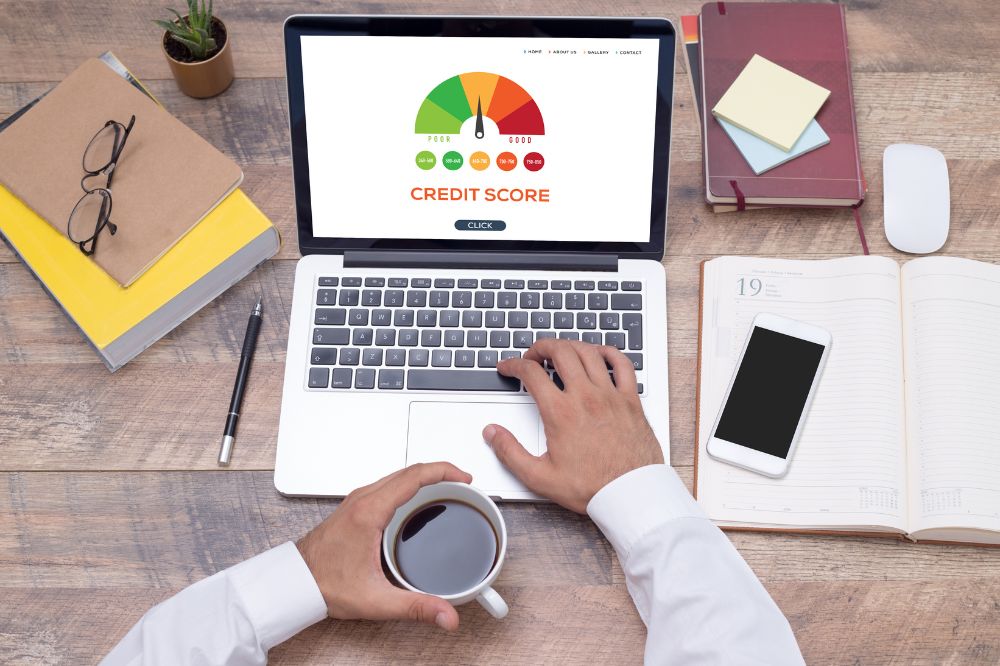Restructuring Options for Insolvent Businesses
Exploring restructuring options for insolvent businesses is crucial for navigating financial challenges. Understanding the contrast between bankruptcy and reorganization can be the differentiator in determining a company’s future. By delving into debt restructuring, asset sales, or operational changes, businesses can potentially emerge stronger and more resilient with powerful tools to address outstanding obligations and circumstances. […]
Restructuring Options for Insolvent Businesses Read More »





















